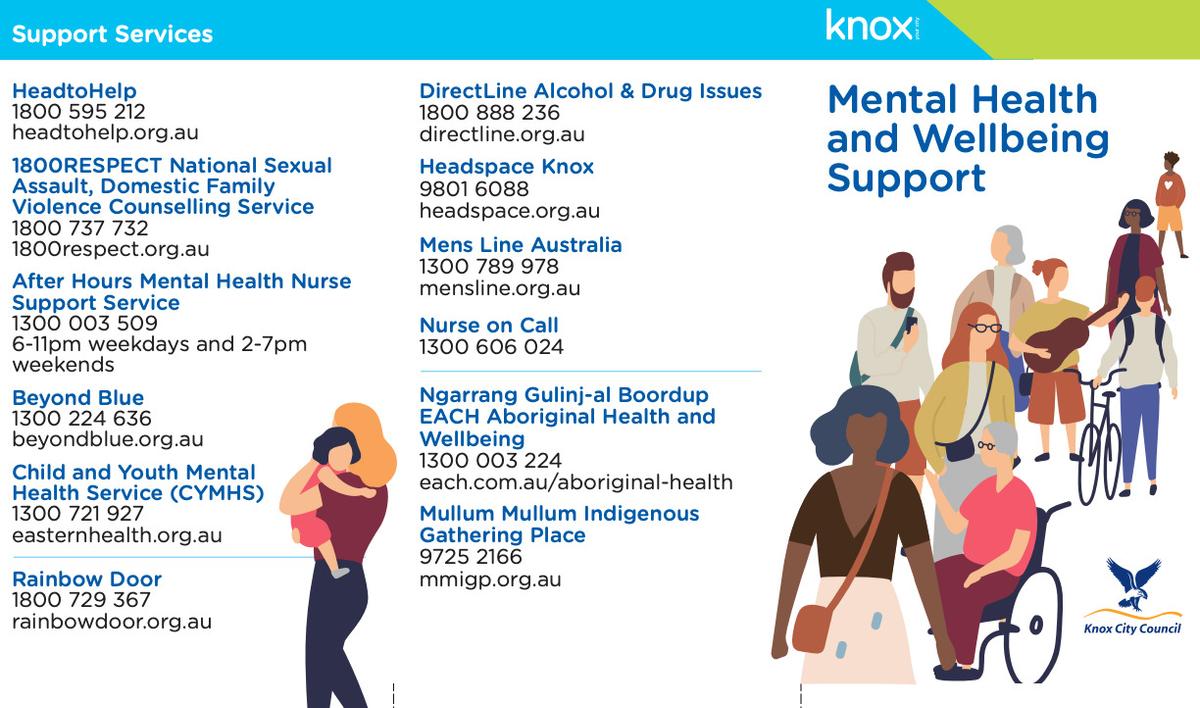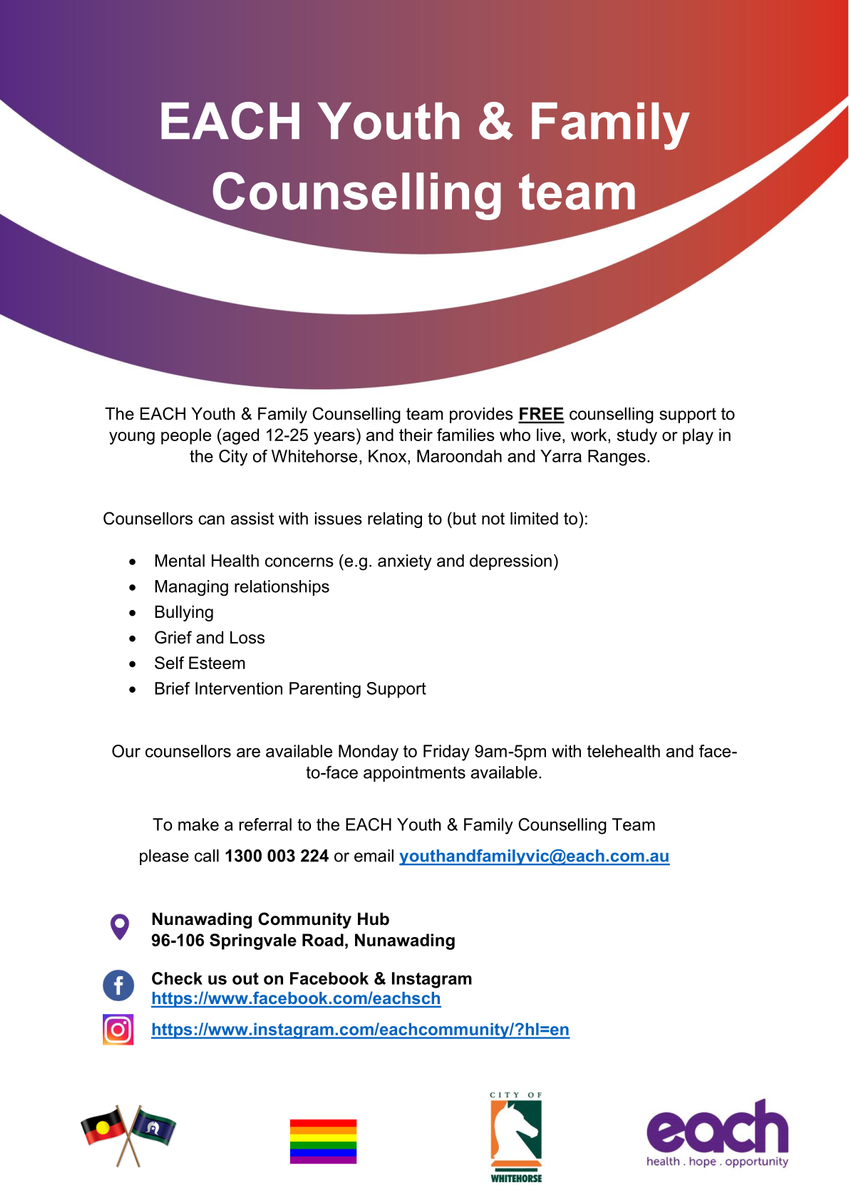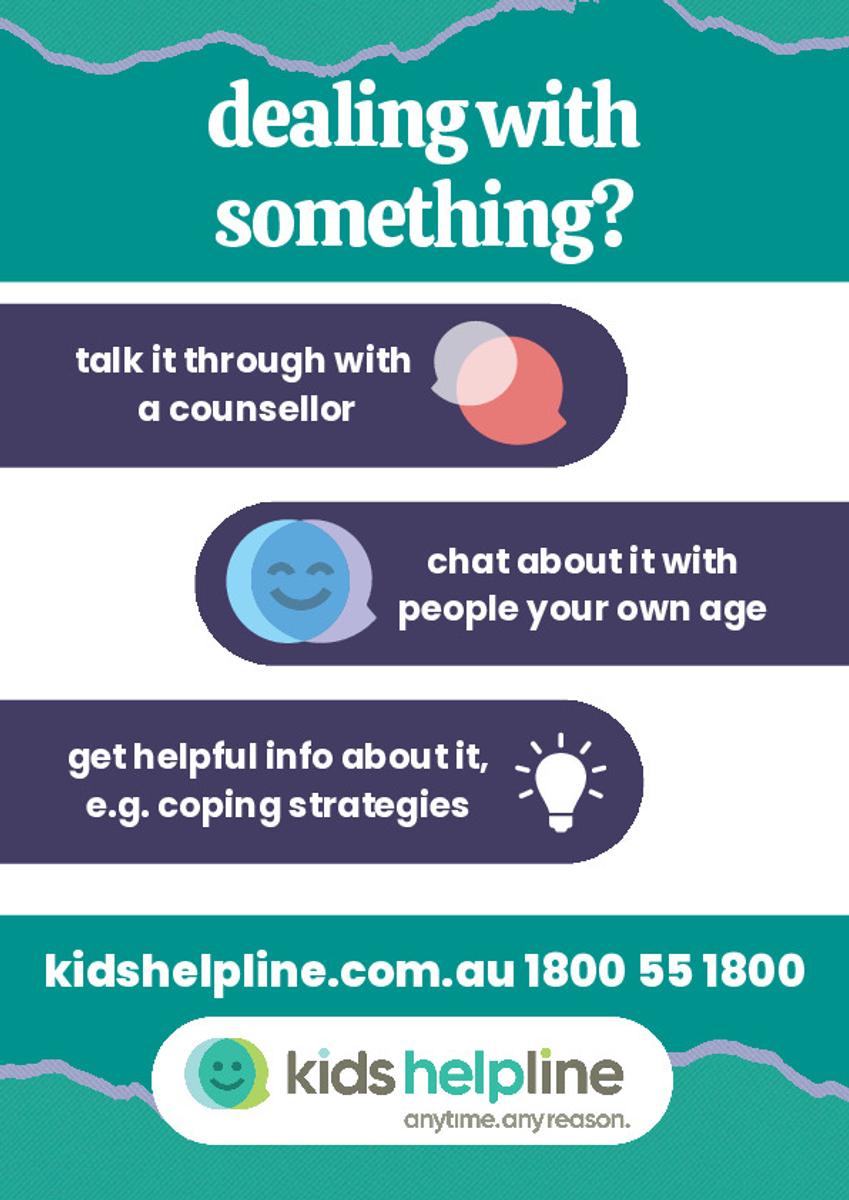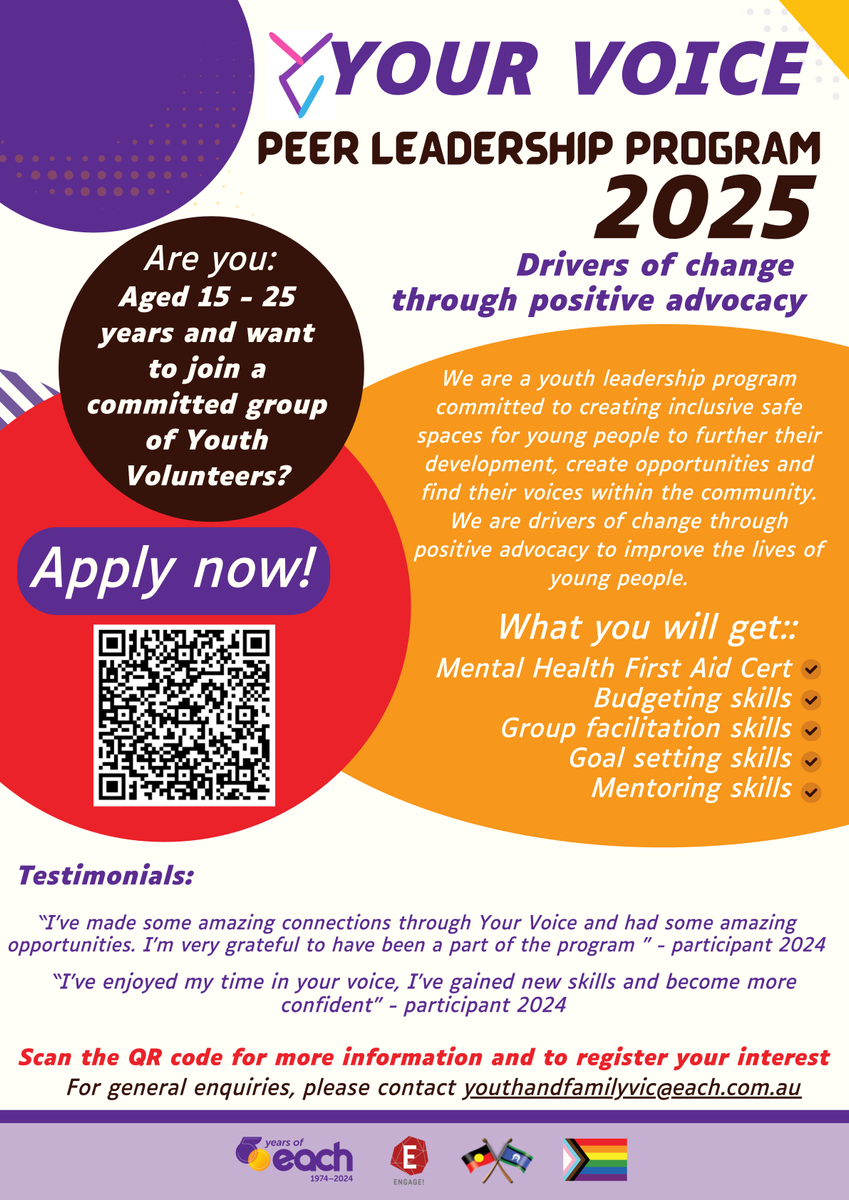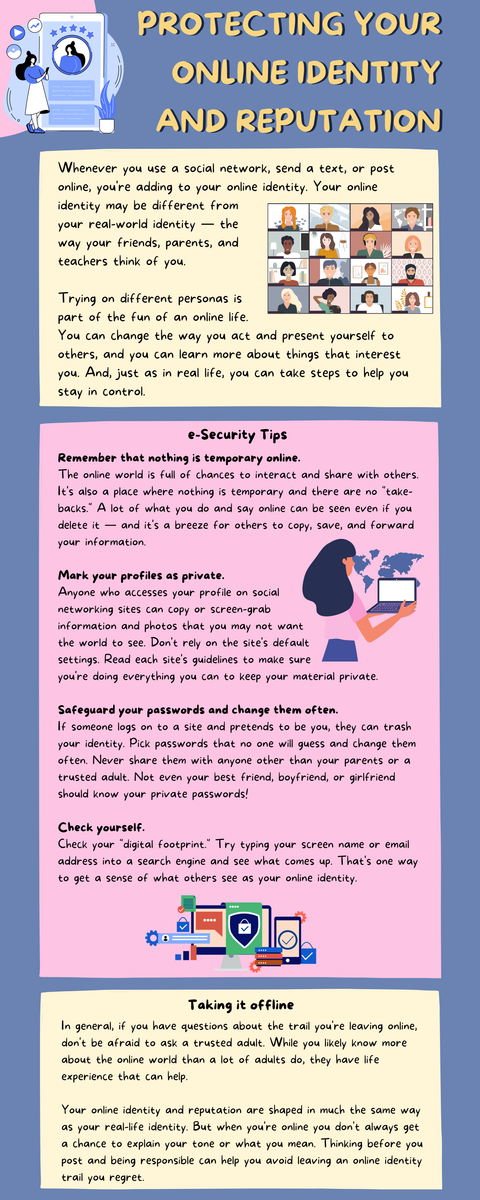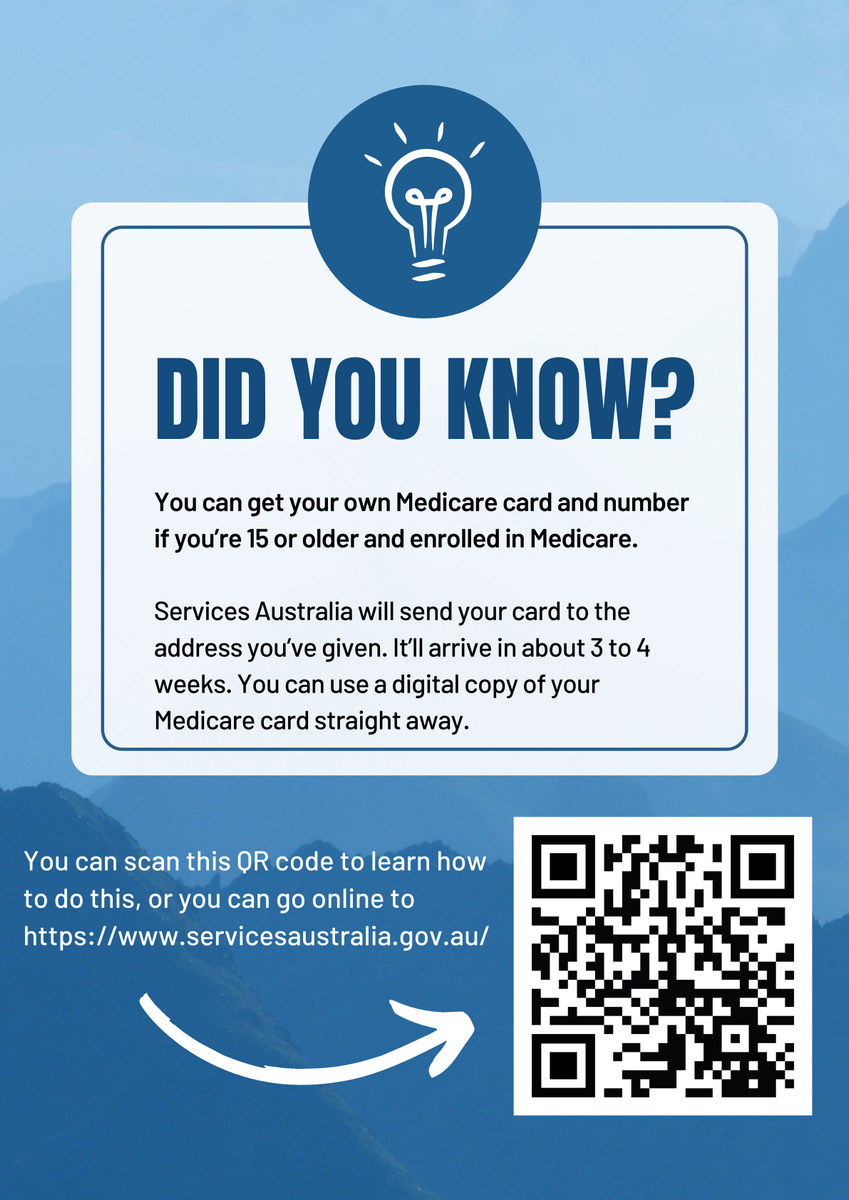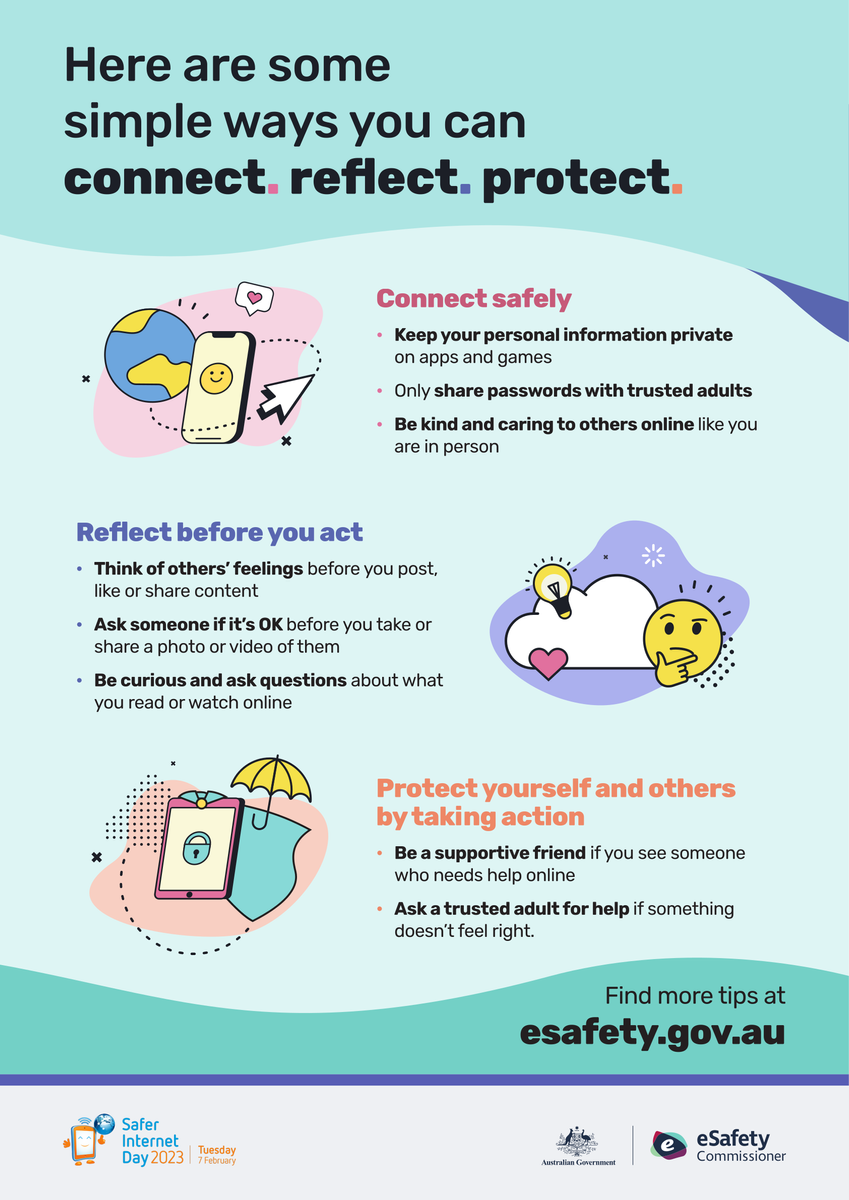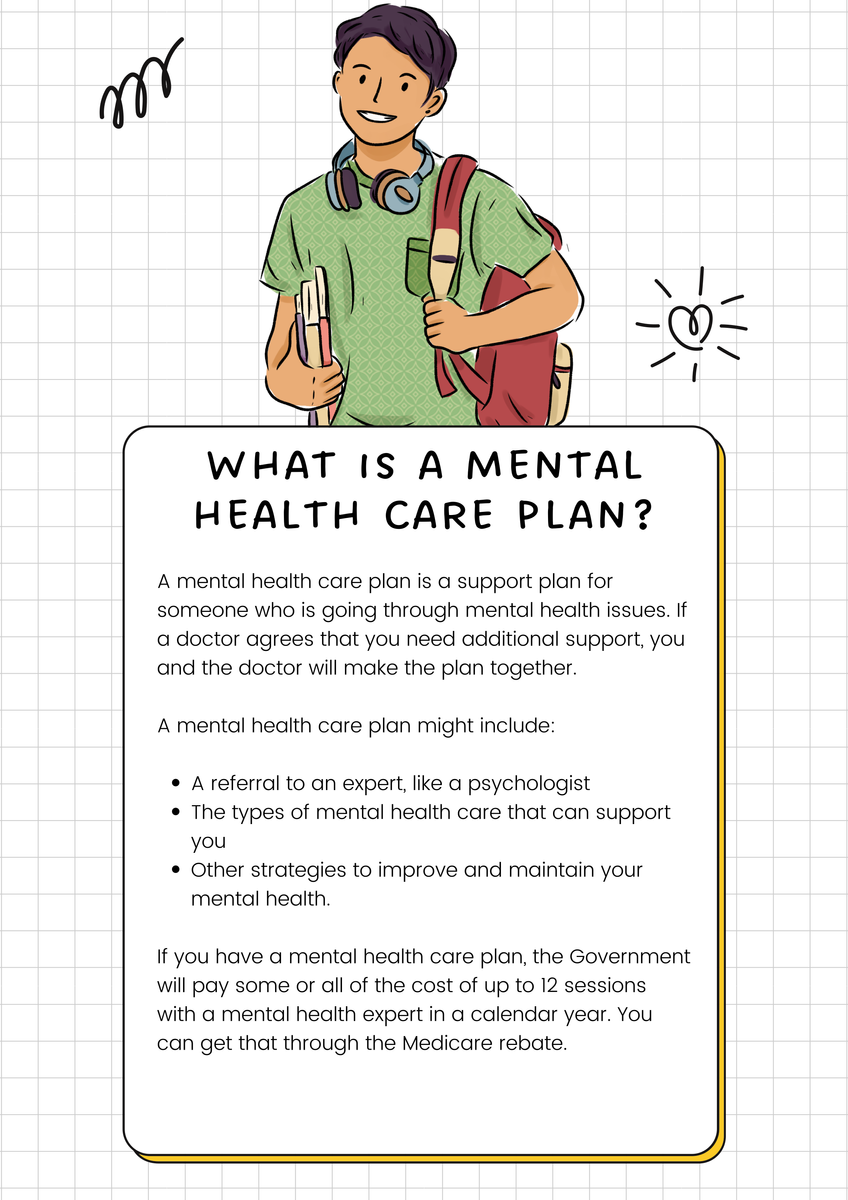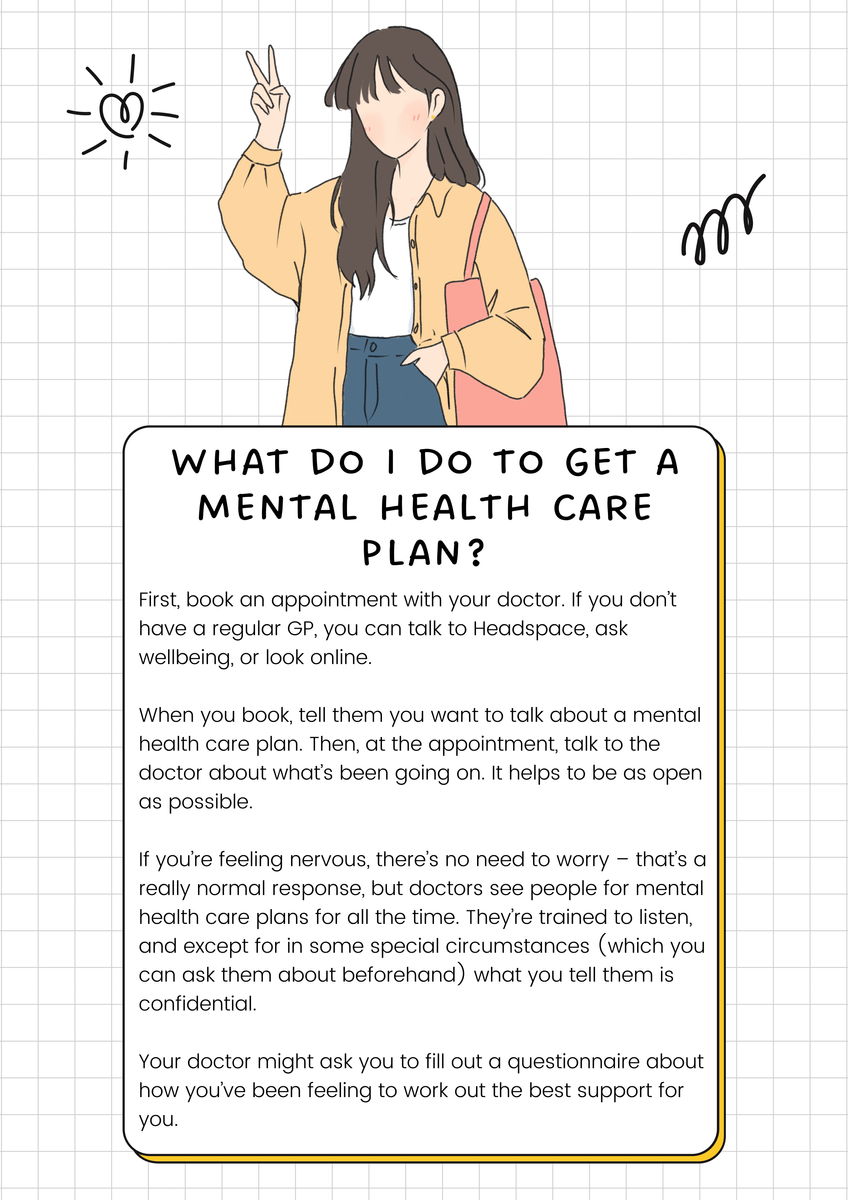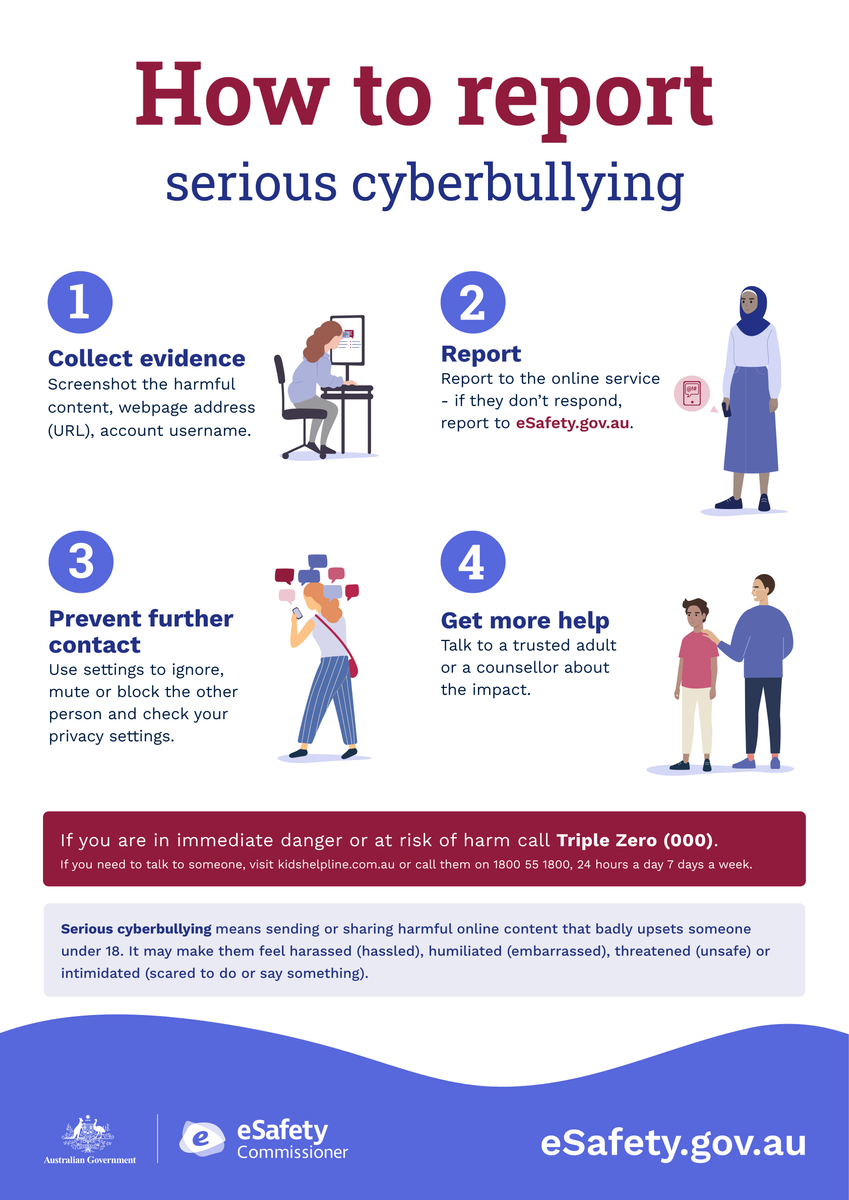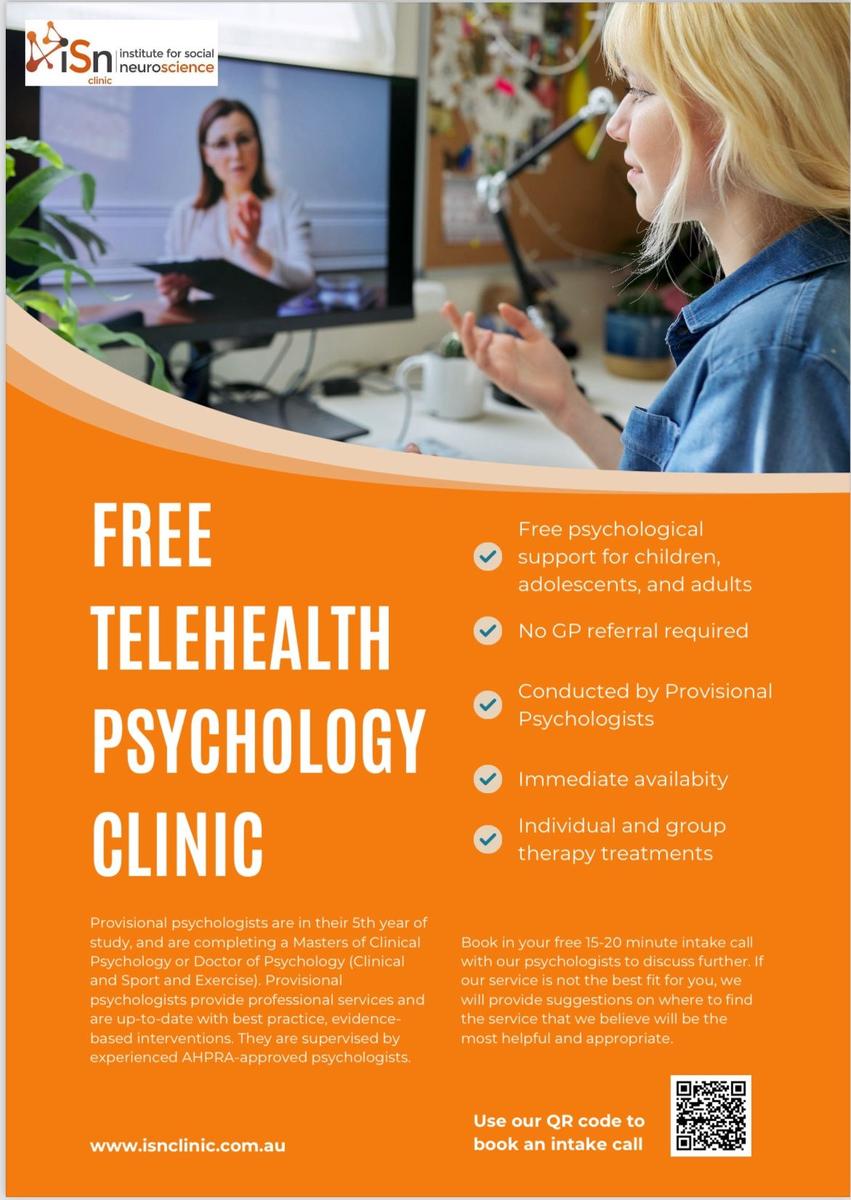Student Wellbeing

Handling Change: Making Transitions a Little Easier
Let’s be real, change can be weird. Sometimes it’s exciting, sometimes it’s stressful, and sometimes it’s a messy mix of both. Whether it’s moving into a new class, meeting new people, or just figuring yourself out, transitions are something everyone goes through. The good news? You’re not alone, and there are heaps of ways to make change a little less overwhelming (and maybe even kind of awesome).
So, what’s a transition?
Change can feel pretty scary, most of us get thrown off by the unknown and what it might mean. A transition isn’t just about moving schools or changing classes; it can also be about shifts in how you think, feel, or act. Sometimes these changes happen slowly, and other times they hit overnight. Either way, they can affect your everyday life and your wellbeing.
What can transitions look like?
Transitions can show up in heaps of different ways. They might mean:
Joining a new friendship group
Trying out a new hobby or sport
Moving classes or even schools
Becoming more independent
Or just dealing with new emotions and responsibilities
Of course, with all that change can come a mix of stress, excitement, and everything in between.
Why do transitions feel stressful?
Change often means stepping out of your comfort zone. It can feel like the routines you’re used to have been flipped upside down, and that can be overwhelming. And just so you know, it’s completely normal to feel nervous, confused, or even frustrated during these times. You don’t have to “have it all together.”
BUT, transitions can also be exciting
Change isn’t always a bad thing. It can open doors to new experiences, new mates, and even help you discover things about yourself you didn’t know before. You might find hidden talents, smash personal goals, or gain confidence in ways you never expected.
Tips to Make it Easier
Respect yourself
Your body and mind need balance to cope with change. That means:
Doing things you actually enjoy
Giving new things a go (some will stick, some won’t, and that’s okay)
Listening to what your body needs, rest, movement, fun, or a bit of space
Taking small breaks for yourself, even if it’s just a few minutes
Talk it out
If you’re finding change tough, don’t keep it bottled up. Talk to a friend, sibling, parent, or teacher you trust. Even if it feels like a “small” problem, sharing it can take the weight off your shoulders. You might even find others are going through the same thing.
Questions you could ask:
“What was it like when you went through this?”
“What helped you cope?”
“What would you do differently if you had to do it again?”
Lean on your friends
Sometimes your friends are the best support because they’re right there with you, going through similar stuff. Hanging out, laughing, or just being around people who get it can make transitions way less stressful.
Stay open-minded
Sometimes change just can’t be avoided. In those moments, ask yourself: How much control do I really have here? If the answer is “not much,” try to ARM yourself:
Accept that the change is happening
Reframe it, is there something positive you can get out of it?
Mentally open your mind, give new things a chance before shutting them down
Celebrate the small wins
Adjusting to change doesn’t happen overnight. Give yourself credit for the little steps, whether it’s starting a convo with someone new, joining a club, or just getting through a tough day. Every small win counts.
Looking for Support?
Knox Youth Services
Free support for young people aged 10 to 25yrs.
2 Capital City Blvd, Wantirna South
(03) 9298 8469
Headspace Knox
Confidential support for young people aged 12 to 25Y
Westfield Knox Ozone
(03) 9801 6088
EACH Community Health
Counselling, mental health and wellbeing services
Phone: 1300 003 224
EACH - Health Services 1300 003 224
These services are free or low-cost.
93 Boronia Rd, Boronia
Youth Mental Health Services 9298 8469
2 Capital City Blvd, Wantirna South
headspace 1800 650 890
2 Capital City Blvd, Wantirna South
Safe Steps Family Violence Response Centre 1800 015 188 (24 Hours)
1800 Respect 1800 737 732 (24 Hours)
Nurse on Call 1300 60 60 24
The Butterfly Foundation 9822 5771
FriendLine 1800 424 287
24/7 Mental Health Hotlines:
Kids Helpline 1800 55 1800
Lifeline - Call 13 11 14, text 0477 13 11 14 or chat online.
Suicide Call Back Service 1300 659 467 or suicidecallbackservice.org.au
Beyond Blue 1300 224 636
Student Wellbeing Team
Email: wellbeing@wantirnacollege.vic.edu.au
Chelsea Collings - Leader of Wellbeing
Guiseppe Relia – Wellbeing Counsellor
Sanela Avdic - Wellbeing Counsellor
Talea-Jane Simpson – Wellbeing Counsellor
Tajinder Wulff - Mental Health Practitioner 7-8

